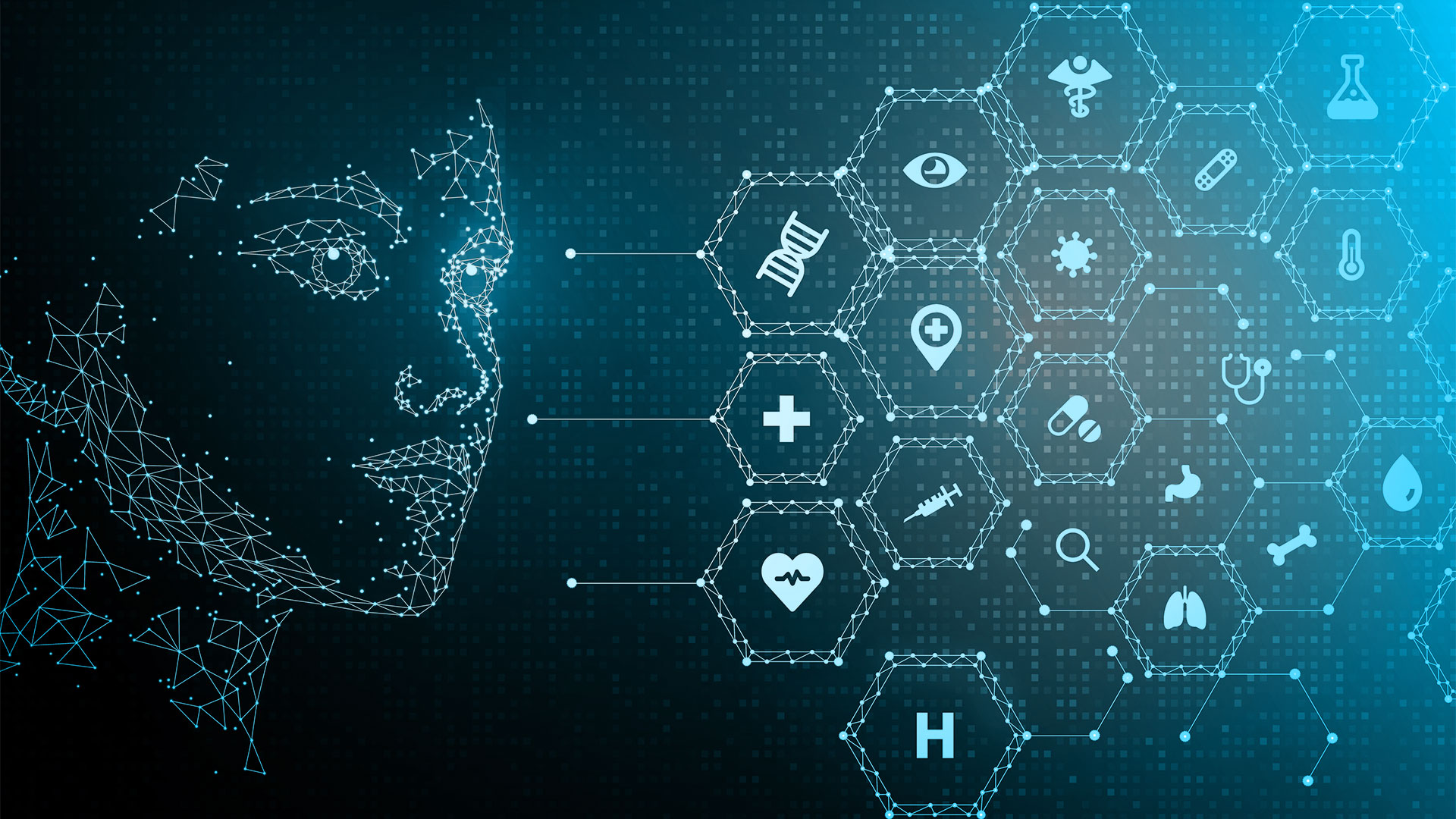Revolutionizing the Pharma Industry: How AI is Changing the Game for Marketers
Gone are the days of mass-marketing a “one-size-fits-all” pill to anyone with a pulse. Today, pharmaceutical companies are using artificial intelligence (AI) to bring the right drugs to the right people, at the right time, with the right message. From identifying the best candidates for clinical trials to creating personalized marketing campaigns, AI is revolutionizing pharmaceutical marketing in ways that were once thought to be impossible.
AI is a blanket term for many advanced computing techniques, however the two that matter most to pharma companies are machine learning and natural language processing, or NLP. Machine learning applies trained pattern-matching and statistical analysis to spot trends or predict outcomes, while NLP parses human-written words to deduce meaning and develop content that mirrors human writing.
With the ability to analyze vast amounts of data and identify patterns that might be missed by human analysis, AI is streamlining and simplifying how pharmaceutical marketers reach their target audiences and promote their products.

OpenAI’s ChatGPT and Bard, an experimental conversational AI service from Google, are just the beginning. According to recent reports, more than 80% of industry experts plan to integrate some form of AI technology into their marketing activities in the coming year. Dozens, if not hundreds, of technology firms are on the cusp of releasing their own generative AI solutions that will do everything from diagnose diseases to predict patient preferences.
AI-powered analytics tools are expected to help pharmaceutical brands understand their customers better by analyzing large amounts of data, such as social media activity, online searches, and electronic medical records. The technology can also be set up to reveal important insights into customer behavior, preferences, and needs, so pharmaceutical companies can identify patterns and trends to inform their marketing strategies.
Personalized Customer Experiences
One of the most anticipated benefits of AI in pharmaceutical marketing is the ability to create personalized experiences for patients. With AI, brands can develop individualized marketing strategies that speak directly to the needs and interests of each patient or healthcare provider. This level of personalization can improve engagement and loyalty, leading to increased sales and greater levels of brand awareness.
AI can also help pharmaceutical companies optimize their marketing efforts by predicting the outcomes of different strategies. By analyzing historical data and running simulations, AI tools can provide insights into the potential impact of different marketing campaigns. This allows companies to make more informed decisions about how to allocate resources and develop effective marketing strategies.
The development of smarter chatbots and virtual assistants is another exciting angle for pharma marketers. AI-powered chatbots provide website visitors with instant access to information about a drug manufacturer’s products. They can also answer common questions, and even help patients order refills online. This level of convenience and accessibility improves customer satisfaction and leads to increased sales.

Potential Pitfalls
Despite the many benefits of AI in pharmaceutical marketing, there are some potential risks and challenges that pharmaceutical brands must consider. For example, there is the risk of privacy breaches or data misuse, which could damage patient trust and lead to legal repercussions. Additionally, there is the challenge of ensuring that AI-powered marketing strategies are ethical and do not discriminate against certain groups of customers.
The most obvious solution for brands hoping to mitigate those risks is to work with a specialized pharmaceutical marketing agency on any campaigns or programs that involve the use of AI technology. Healthcare marketing, and pharmaceutical marketing in particular, is highly-regulated. Working with a digital agency that specializes in pharmaceutical marketing, like Esperienza Rx, is the best way for a brand to take advantage of the latest technologies while remaining in full compliance with established laws and regulations.
AI has the potential to revolutionize pharmaceutical marketing by enabling companies to better understand their customers, personalize marketing strategies, and optimize campaigns, but it’s important to carefully consider the associated risks and challenges, especially as this technology becomes more prevalent in the years ahead.
The Future of Personalized Pharmaceutical Marketing
As AI technology evolves and becomes more sophisticated, it’s expected to play an increasingly important role in the way pharmaceutical companies market their products.
Personalized Medicine
One area where AI is likely to have a major impact is in personalized medicine. By analyzing vast amounts of patient data, including medical history, genetics, and lifestyle factors, AI algorithms can identify patterns that may indicate which patients are most likely to respond to a particular medication. In the future, this information could be used to create highly targeted marketing campaigns that resonate with patients and their caregivers.
Clinical Trial Design
AI is also expected to play a role in clinical trial design. Using technology to analyze data from previous trials, machine learning algorithms will soon be able to identify potential study participants and predict which drugs are likely to be most effective for different patient populations. This could help pharmaceutical companies design more efficient and effective trials, which would in turn lead to faster approvals and better outcomes for patients.

According to reports, the pharmaceutical giant Pfizer has already started using AI to make clinical drug development faster and smarter. The company has said it’s “training” AI algorithms to predict drug efficacy, and to manage the vast amounts of documents — up to multiple petabytes of data at each stage — to support pharmaceutical trials.
Pharmaceutical Sales Processes
AI is already being used to optimize pharmaceutical sales processes. AI algorithms analyze sales data and customer interactions to identify which sales approaches are most effective for different types of patients or providers. This can help sales representatives from drug manufacturers tailor their messaging and approach, resulting in more effective sales outcomes.
The overall impact of AI on pharmaceutical marketing is likely to be significant in the years to come. By leveraging the power of machine learning algorithms, pharmaceutical companies will soon be able to more effectively reach their target audiences, better understand patient needs, and optimize their sales processes, leading to better outcomes for patients and a more efficient healthcare system.